We are pleased to introduce our speakers for the CASE 30th Anniversary Conference. Session No. 1
CASE 30th Anniversary Conference
23-23 September, 2021
Session No. 1: Lessons From the Experience of Post-Communist Transition in Eastern Europe
Thirty years after the collapse of the Soviet Bloc and the Soviet Union, it is rather clear what transition policies have worked. Almost all of the post-communist countries have become market economies and achieved macroeconomic stability. However, growth rates have varied greatly. How can that be explained?
In his paper, Professor Anders Åslund focuses on large-scale privatization. Economically, it was necessary, and its economic outcomes have been very positive. Alas, politically, these successes have often been unsustainable because of strong popular sentiments against the private ownership of big enterprises. Substantial renationalization has occurred. What went wrong? How could privatization be done better, or be defended? What should be done to defend private enterprise in the future?
In another paper, Professor Christopher Hartwell discusses the process of illiberal regionalism, where authoritarian or similarly restrictive governments undertake a process of economic integration amongst each other. This process emerged in the past two decades as a way to rival existing liberal multilateral organizations. Emblematic of this approach is the Eurasian Economic Union (EaEU), a grouping of post-Soviet states which has borrowed heavily from the experience of the European Union (EU) but has set itself up as an alternative form of regionalism to the EU’s approach. This paper shows how, in the haste to design a geopolitical rival to the West, the EaEU has relied on selective borrowing from some of the more restrictive principles of various multilateral orders, above all the EU.
Their presentations will be followed by a high-level panel discussion about the lessons of transitions.
PART 1. Papers presentations (Papers will be shared with registered participants prior the Conference):
Anders Aslund, Georgetown University and CASE
“The Biggest Problem in Post-Communist Transition: The Privatization of Large Enterprises”
Christopher Hartwell, Zurich University of Applied Sciences, Kozminski University, and CASE
“The Crisis of Illiberal Regionalism: A Failing Paradigm?”
Questions & Answers
PART 2. Discussion Panel
SPEAKERS: Simeon Djankov (the Peterson Institute for International Economics), Sergei Guriev (Sciences Po), Beata Javorcik (European Bank for Reconstruction and Development), Andrius Kubilius (Member of the European Parliament (AFET, ITRE), Co-President of the Euronest Parliamentary Assembly, former Prime Minister of Lithuania)
MODERATOR: Anders Aslund, Georgetown University and CASE
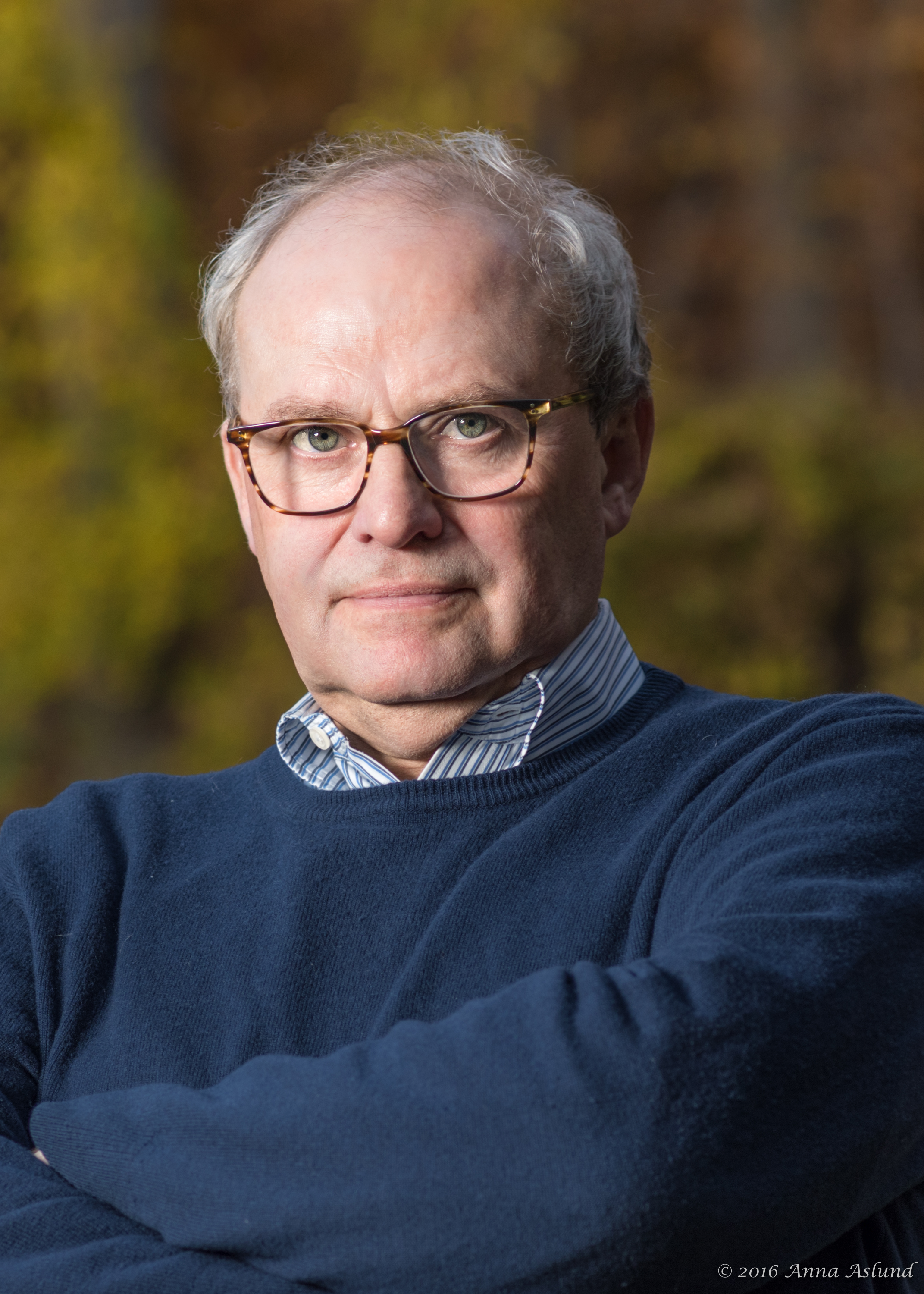
Anders Åslund is a senior fellow at the Stockholm Free World Forum and an Adjunct Professor at Georgetown University. He is a leading specialist on economic policy in Russia, Ukraine and Eastern Europe. Dr. Åslund has served as an economic adviser to several governments, notably the governments of Russia and Ukraine. He has published widely and is the author of 15 books and has edited 16 books. His most recent book is Russia’s Crony Capitalism: The Path from Market Economy to Kleptocracy (Yale UP 2019). He was a professor at the Stockholm School of Economics and the founding director of the Stockholm Institute of Transition Economics. He has worked at five Washington think tanks – the Atlantic Council, the Peterson Institute for International Economics, the Carnegie Endowment for International Peace, the Brookings Institution, and the Kennan Institute for Advanced Russian Studies. He served as a Swedish diplomat in Kuwait, Poland, Geneva, and Moscow. He earned his PhD from Oxford University. He is a member of the Russian Academy of Natural Sciences.
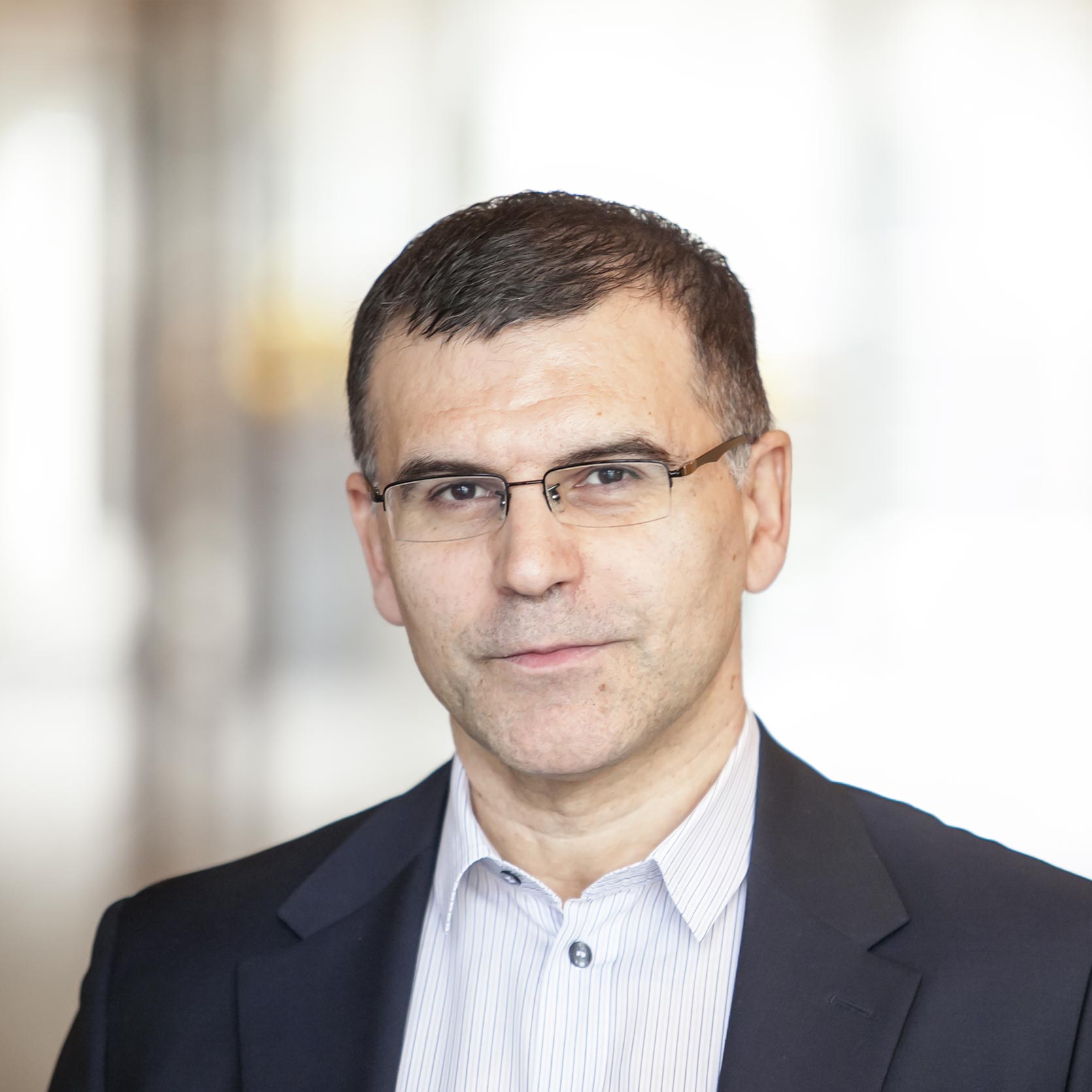
Simeon Djankov is a senior fellow at the Peterson Institute for International Economics. Prior to joining the Institute, Djankov was deputy prime minister and minister of finance of Bulgaria from 2009 to 2013. Prior to his cabinet appointment, Djankov was chief economist of the finance and private sector vice presidency of the World Bank, as well as senior director for development economics. In his 17 years at the Bank, he worked on regional trade agreements in North Africa, enterprise restructuring and privatization in transition economies, corporate governance in East Asia, and regulatory reforms around the world. He is the founder of the World Bank's Doing Business and Women, Business and the Law projects. He is author of Inside the Euro Crisis: An Eyewitness Account (2014), author of the World Development Report 2002, co-author of Europe's Growth Challenge (2016) and director of World Development Report 2019. He is also coeditor of The Great Rebirth: Lessons from the Victory of Capitalism over Communism (2014) and Covid-19 in Developing Economies (2020). Djankov is policy director of the Financial Markets Group at the London School of Economics. Previously he was rector of the New Economic School in Russia and a visiting lecturer at Harvard University's Kennedy School of Government. He was associate editor of the Journal of Comparative Economics from 2004 to 2009 and chairman of the Board of the European Bank for Reconstruction and Development in 2012–13. He has published over 90 articles in professional journals. He obtained his doctorate in economics in 1997 from the University of Michigan at Ann Arbor.
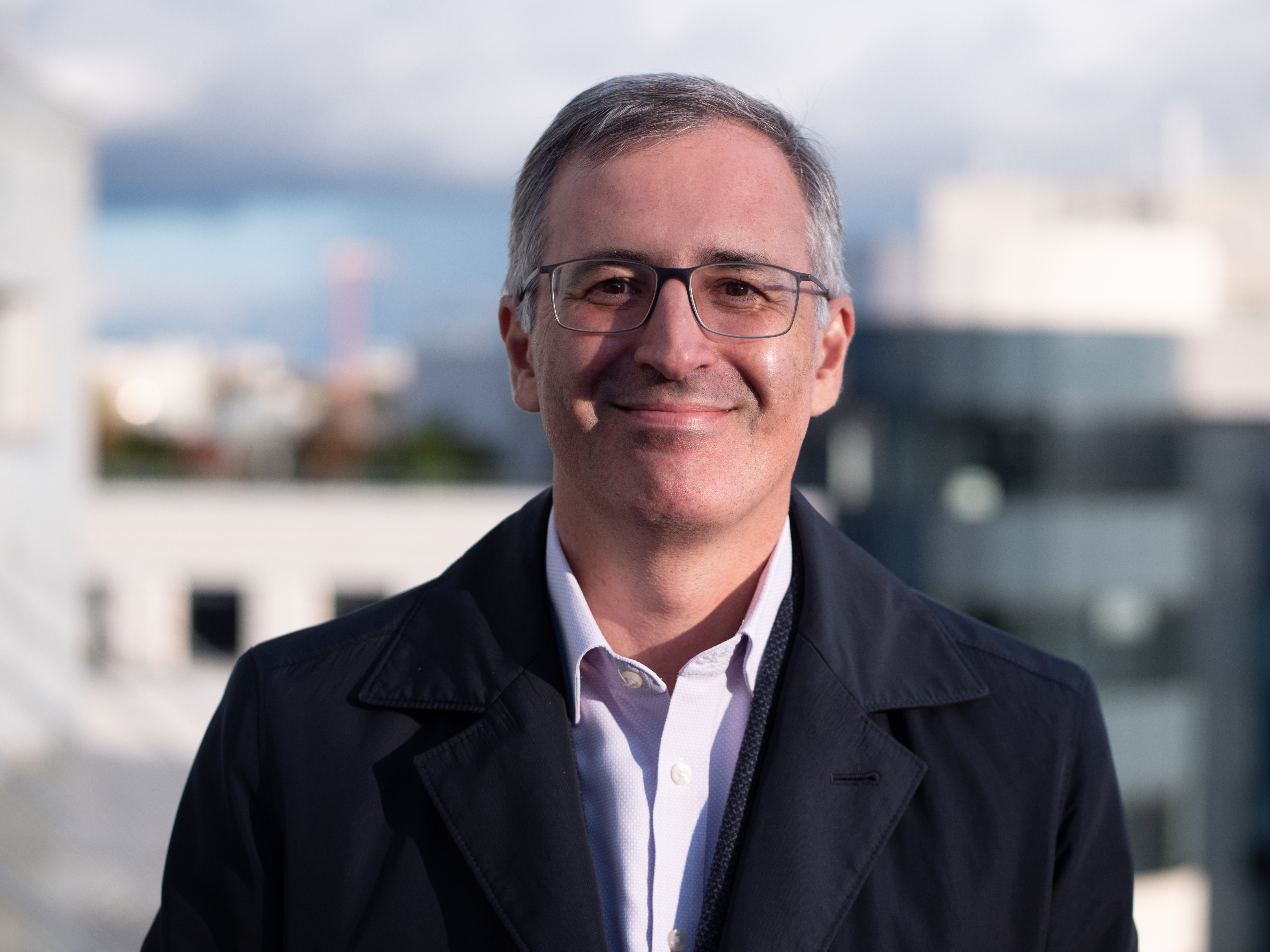
Sergei Guriev joined Sciences Po as a tenured professor of economics in 2013 after running the New Economic School in Moscow in 2004-13. In 2016-19, he has been on leave from Sciences Po serving as the Chief Economist of the European Bank for Reconstruction and Development (EBRD). He is also a Research Fellow and the Leader of the Research and Policy Network on Populism at the Centre for Economic Policy Research, London. He is an Ordinary Member of Academia Europeae and a member of the Executive Committee of the International Economic Association.

Christopher A. Hartwell is currently Head of the International Management Institute at the Zurich University of Applied Sciences (ZHAW) School of Management and Law, Professor of International Management at Kozminski University in Poland, Visiting Professor at the Russian Presidential Academy of National Economy and Public Administration (RANEPA), and Fellow and former President of the Center for Social and Economic Research (CASE) in Warsaw. A leading scholar on the evolution of economic institutions. Prof. Hartwell’s interests are in institutional development, especially the interplay between financial institutions and other political and economic institutions. Over his career, Professor Hartwell has published in journals such as Journal of World Business, Global Strategy Journal, Journal of Economic Behavior & Organization, Explorations in Economic History, Journal of Comparative Economics, Regional Studies, Cambridge Journal of Economics, and Journal of Institutional Economics. Prof. Hartwell holds a PhD in Economics from the Warsaw School of Economics, a Master’s in Public Policy from Harvard, and a BA in Political Science and Economics from the University of Pennsylvania. He is also the author of Two Roads Diverge: The Transition Experience of Poland and Ukraine (Cambridge University Press, 2016) and Institutional Barriers in the Transition to Market: Examining Performance and Divergence in Transition Economies (Palgrave Macmillan, 2013).
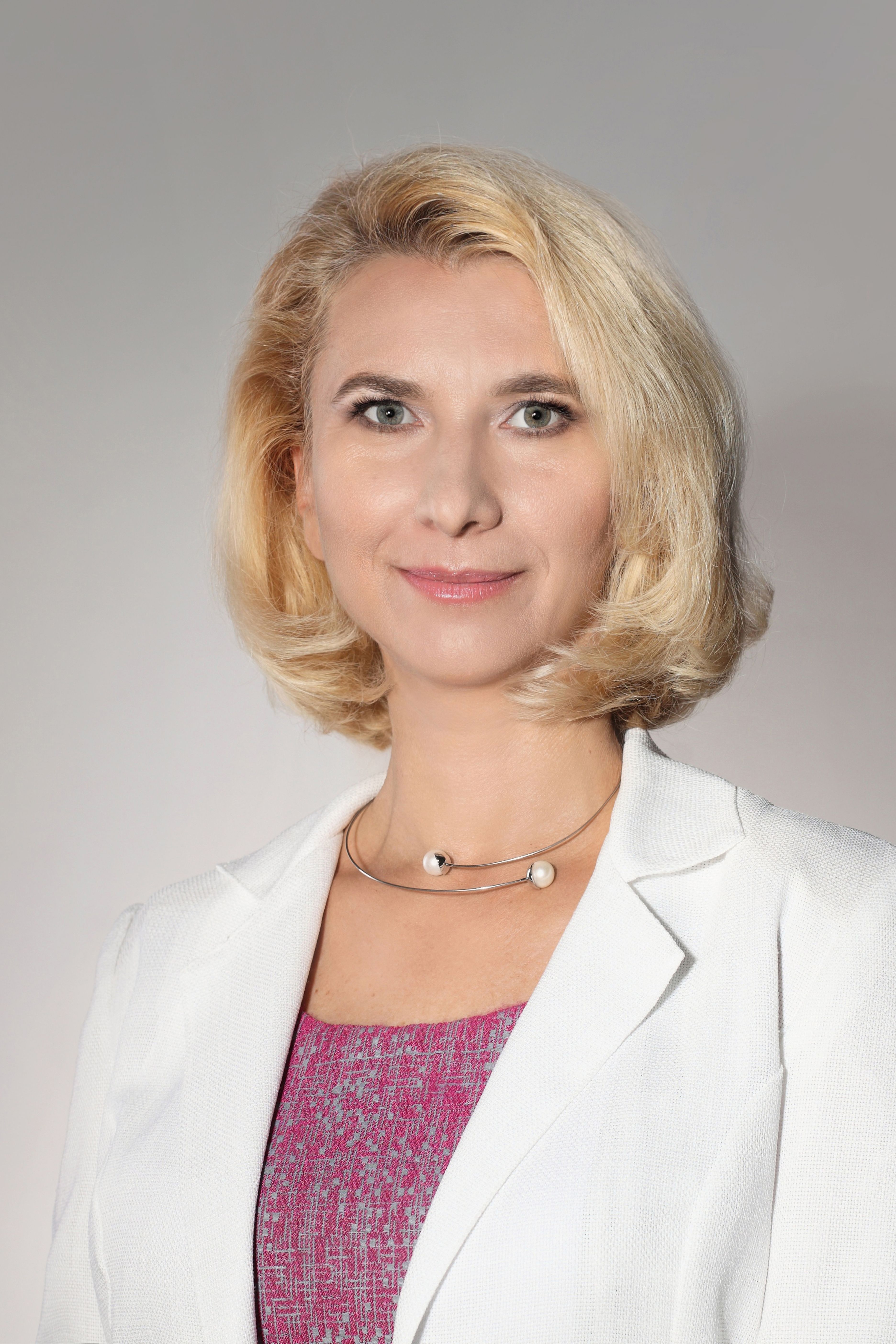
Beata Javorcik is Chief Economist of the European Bank for Reconstruction and Development (EBRD) in London. She is on leave from the University of Oxford, where she holds a Statutory Professorship in Economics. She is a Fellow of All Souls College, Oxford, and a managing editor of the academic quarterly Economic Policy. She is a Director of the International Trade Programme at the Centre for Economic Policy Research in London. Before taking up her position at Oxford University, she worked at the World Bank in Washington DC, where she focused on research, lending operations and policy advice. She holds a Ph.D. in Economics from Yale and a B.A. in Economics (Summa cum Laude) from the University of Rochester. Beata Javorcik specializes in international trade. Her research interests focus on determinants and consequences of inflows of foreign direct investment, implications of services liberalization, evaluation of investment promotion programmes, propagation of shock through production networks and evasion of import duties. Her research has been published in the American Economic Review, Journal of the European Economic Association, Review of Economics and Statistics, European Economic Review, Economic Journal, Journal of International Economics and Journal of Development Economics.
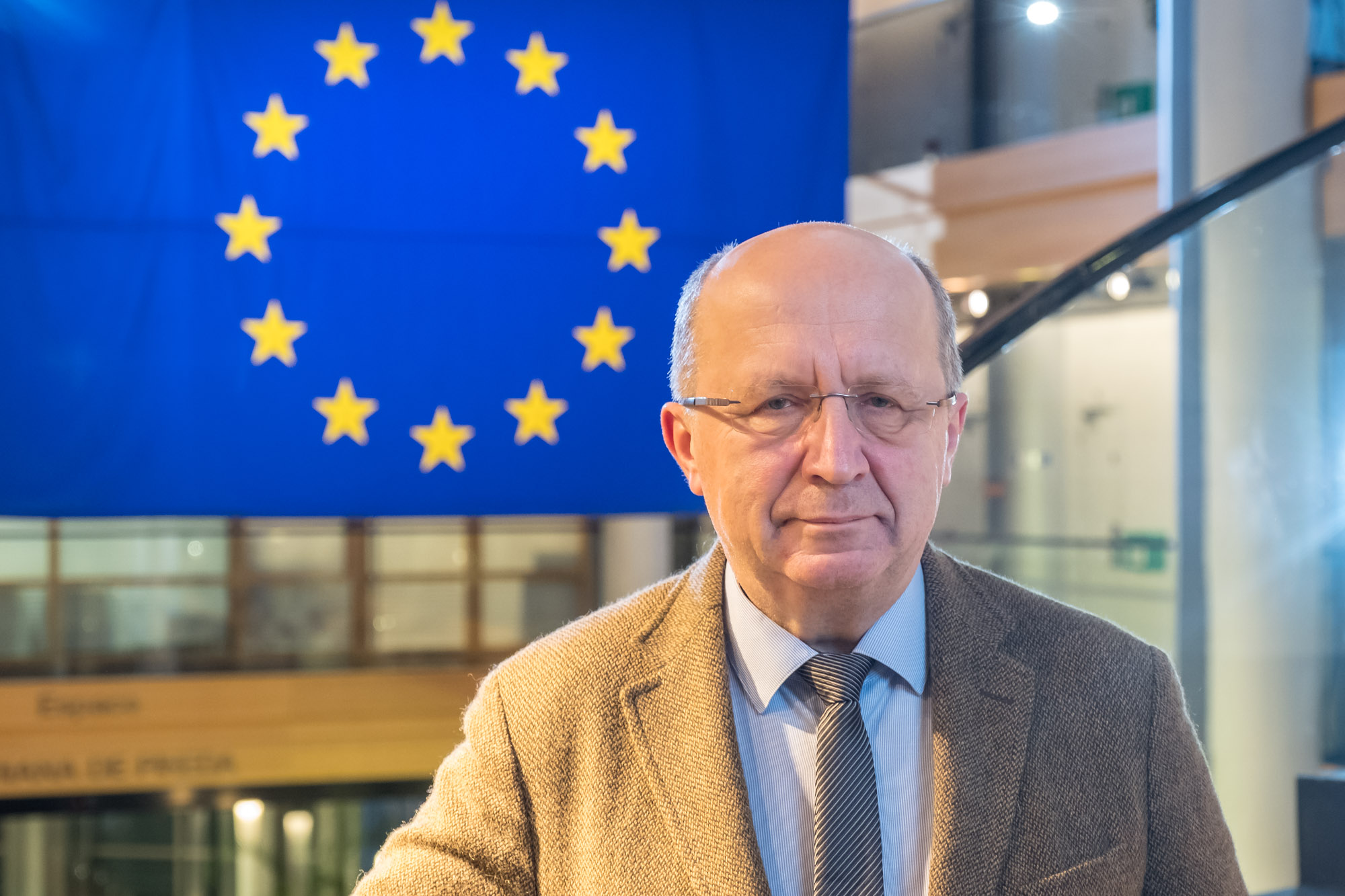
Andrius Kubilius in this term of the European Parliament (2019-2024), is the Member of the Committee on Foreign Affairs (AFET), the Committee on Industry, Research and Energy (ITRE). He is also the Chair of the European Parliament Delegation to the Euronest Parliamentary Assembly, Member of other EP bodies: the Conference of Delegation Chairs, the Delegation to the EU-Ukraine Parliamentary Association Committee. A.Kubilius is a Substitute member of the Delegation to the EU-Russia Parliamentary Cooperation Committee and Delegation for relations with Israel. He is appointed a Standing Rapporteur on Russia in the European Parliament. Andrius Kubilius is the Head of the EPP Lithuanian delegation, Chairman of various intraparliamentary groups in the European Parliament: Lithuania Caucus in the EP, Baltic Caucus in the EP, EU Neighbourhood East Forum and Friends of European Russia Forum. Author of international Initiatives “Marshall Plan for Ukraine” (later - “European Plan for Ukraine”), “Trio Strategy for the Future of Eastern Partnership”, “Western Strategy towards Russia”. Secretary-in-Charge of the Lithuanian Pro-independence Reform Movement Sajūdis in 1990-1992. Chairman of the Homeland Union – Lithuanian Christian Democrats (2003-2015). Mr. Kubilius was a Member of the Seimas of the Republic of Lithuania (1992-2019). Served as the First Deputy Speaker of Seimas, Chairman of Committee on European Affairs, Leader of Opposition. Twice the Prime Minister of Lithuania (1999-2000 and 2008-2012). Served as Chairman of the Policy Committee of the Knowledge Economy Forum in Lithuania (from 2001 to 2008), and was Chairman of the Knowledge Society Council under the President of the Republic of Lithuania in 2001-2003.
